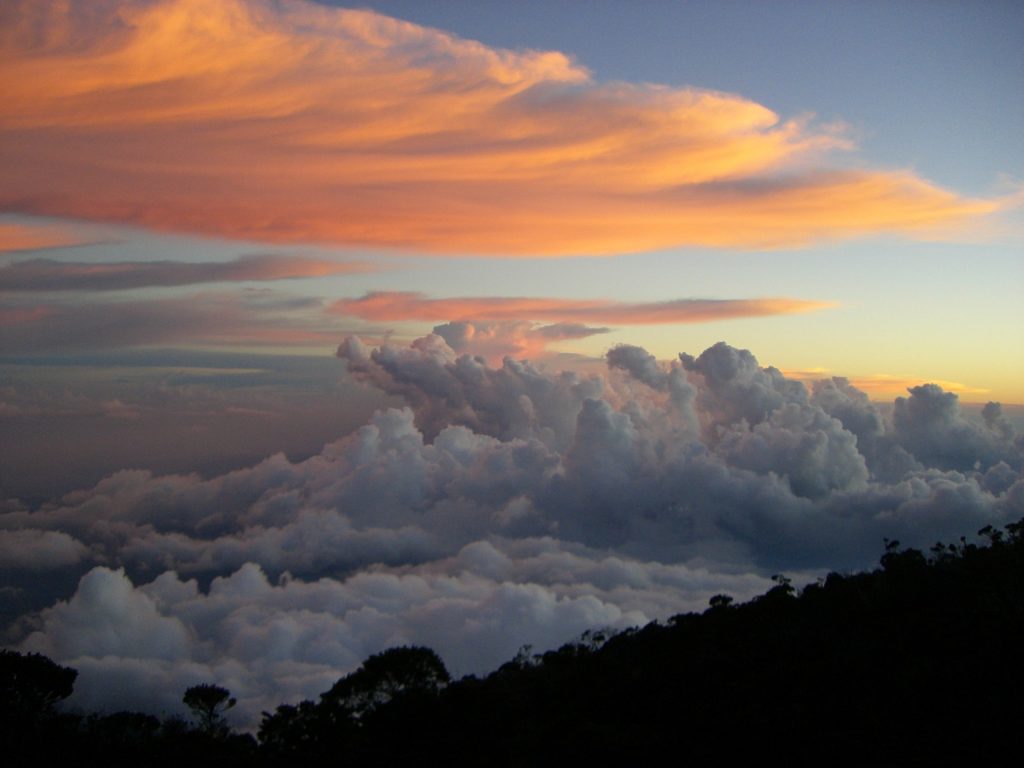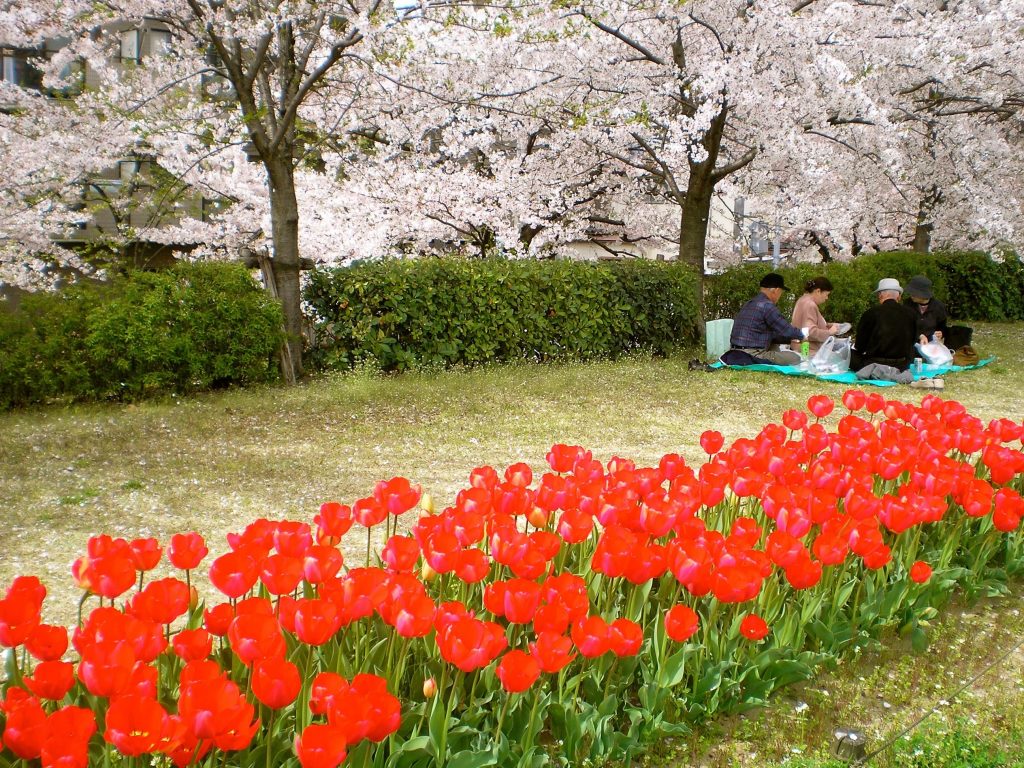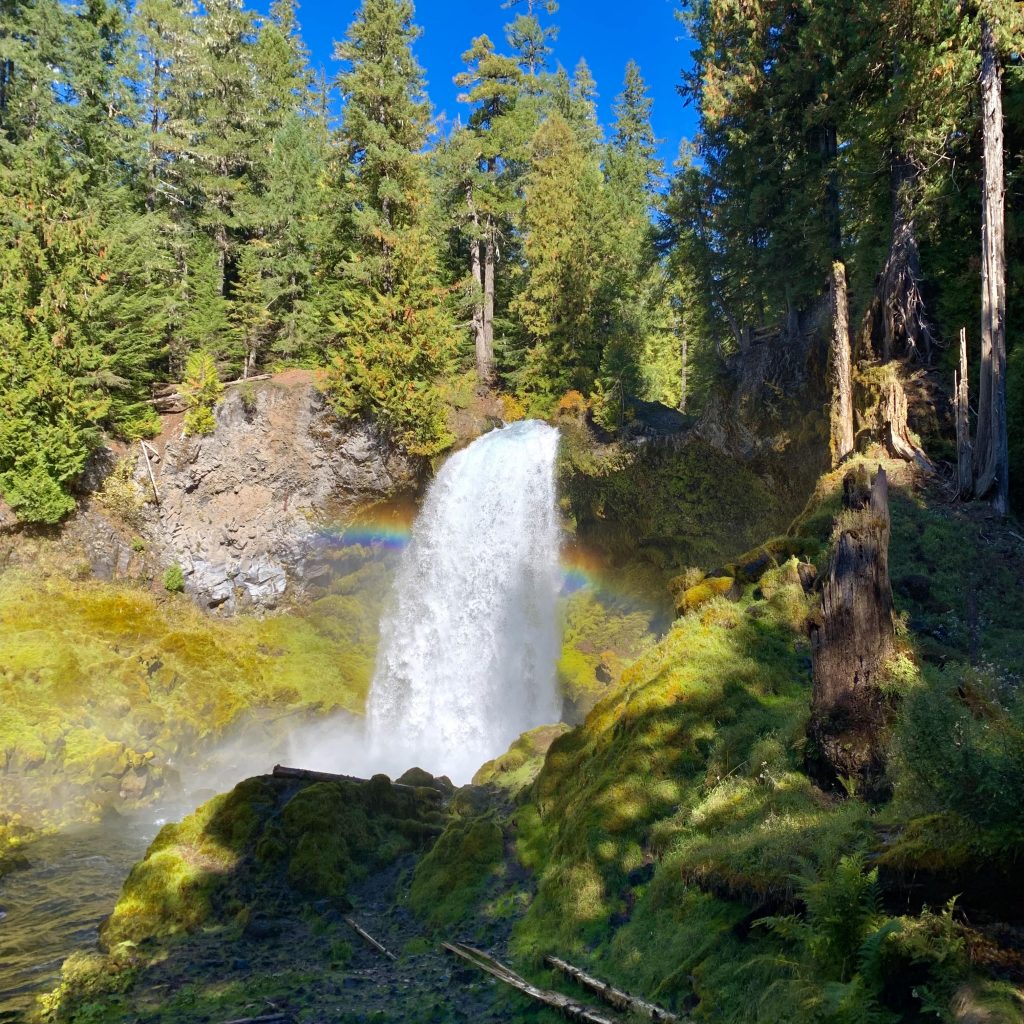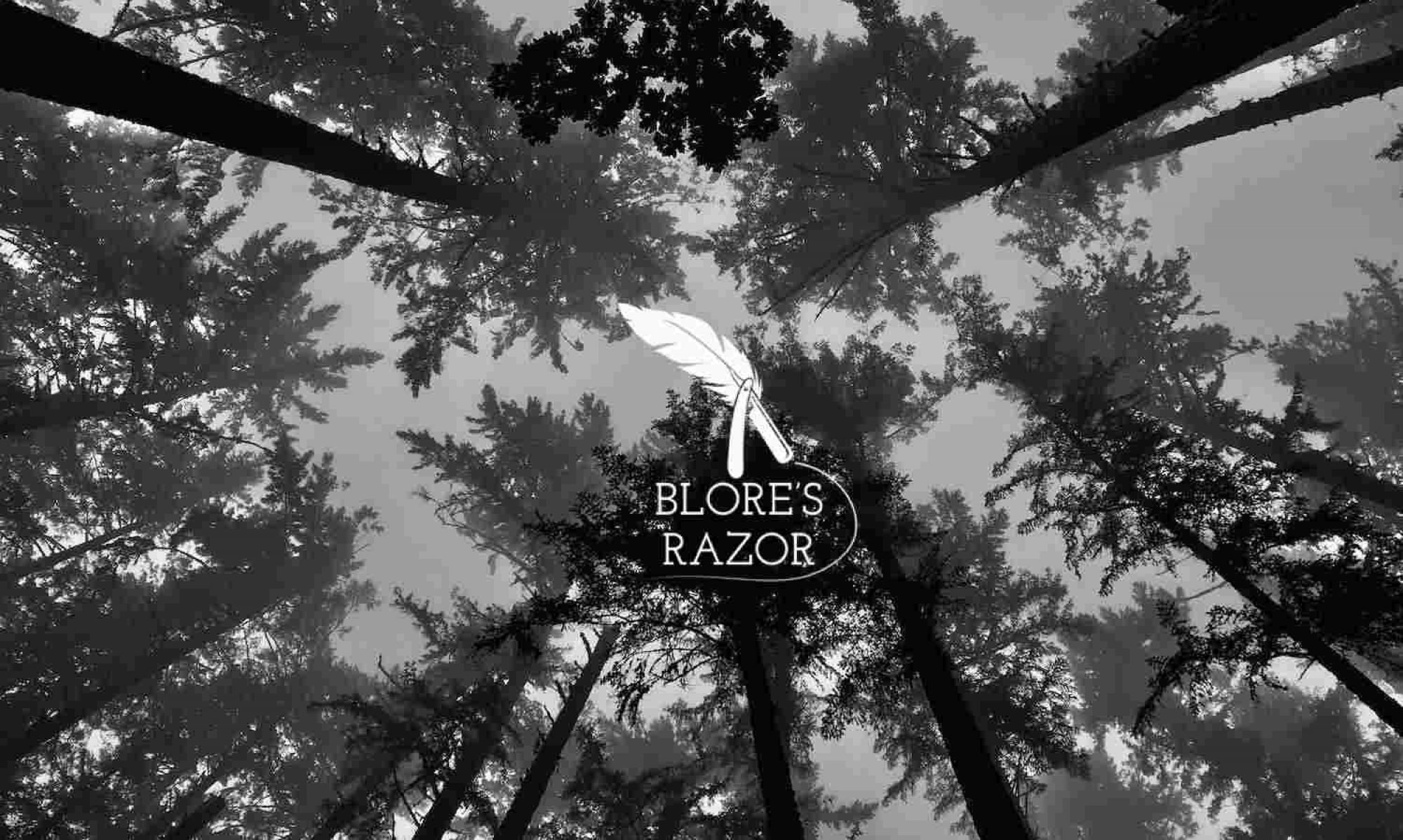
After finishing undergrad at Berkeley in 2006, I felt that graduate school was inevitable. Many of my peers had secured spots in law school, medical school, and various master’s degree programs at coveted universities across the country. It wasn’t a matter of if Cal students were attending graduate school; it was treated as a matter of when.
I looked at my fellow 22-year-olds and admired how they seemed to have everything figured out. There were some students with finance and business backgrounds who even scored six-figure salaries as consultants fresh out of their undergraduate programs. (Of course, little did they know that they would be the first to be taken to the chopping block in the Great Recession of 2008.)
Rather than joining this flock down the well-worn paths of graduate school or the U.S. job market, I decided to take a chance. I went to the on-campus travel agency and discussed my desire to live abroad with a young clerk. She showed me some flyers about various European and Latin American countries, but when she mentioned the three-week Trans-Mongolian Railroad trip across Asia, my eyes lit up. I put down a deposit for the following May. I planned to bounce around Europe for a year before catching my train in Moscow all the way to Beijing.
I didn’t realize that I’d just made a decision that would determine the next four years of my life.
I asked the agent about securing work in Europe; I was lucky enough to have full-tuition scholarships and worked as an RA to pay for my room and board, but I was cash-poor. The agent told me about the British BUNAC program for recent college graduates, which would allow me a six-month work visa. I applied and picked up my documents later that week.
Shortly before my graduation ceremony, I met with my friend Ivan at a restaurant on Telegraph Avenue for lunch. I asked him to choose a number between 1 and 30. He chose 15, so later that day I bought a one-way ticket to London for June 15th.
That was 13 years ago and I never looked back. One week after I landed in London, I’d secured a flat, a job, and even a Dutch boyfriend who introduced me to a nice group of friends. For six months, I worked as a waitress at Hard Rock Cafe—the first one in the world—and as an editor for a small record label, helping them create the liner notes for their CDs. I met all sorts of new friends—a music professor from Syracuse, a South African martial arts instructor, and an Eton graduate turned punk rocker who attended classes with Prince William.
I didn’t know anyone in London when I bought that one-way ticket; I just jumped with an open heart and an open mind. The experience of moving abroad alone into an unknown future was challenging and humbling, but it was also integral to building my confidence as an adult; if I could land in a world-class city with nothing—no place to live, no job, no friends—and build a life for myself, I could do anything.
With the deadline approaching for my British work visa, I applied for a teaching position at an eikaiwa (a private English conversation school) in Japan, hoping I could defer my start-date until after my Trans-Mongolian trip. Unfortunately, they wanted me to start in February after a training program in Tokyo, so I never did take that train across Asia, but I did live in Niigata City, Japan for over two years.

Niigata is known for having the best rice and sake in the world. It’s relatively rural, although my city had over one million inhabitants. My students and the small group of gaikokojin (foreigners) were very welcoming. My company had arranged my housing and helped out with navigating municipal bureaucracies. For example, there were 7 regular types of trash, plus several more categories for uncommon items such as used batteries. They all had inscrutable labels, but learning that trash sorting system actually opened my eyes to how wasteful we are in the U.S.
I also admired how orderly Japanese homes and customs were, how graffiti was non-existent, and how even the (very few) homeless lived in immaculately constructed box homes with sliding doors and a mat to keep one’s shoes.
Japanese society is communal-minded, while Americans’ me-first mentality is reflected in our disrespect for public property, littering, and crumbling local transportation. We prioritize individuals over the group and although I’d learned about these two types of societies in college classes, experiencing them first-hand was transformative for my thinking. One of my favorite parts of living abroad was cultivating a new basis of comparison for everything I took for granted about people and societies.
In Niigata, I met my boyfriend Paulo, a Brazilian post-doc and oral-maxillofacial surgeon. He was also a talented musician and had learned much of his English from Bob Marley and Pearl Jam. He was finishing his program and heading back to Porto Alegre, Brazil.
I’d spent my last few months in Japan learning how to speak Portuguese so I could communicate with Paulo’s family, but before following him to South America, I wanted to explore Nepal and Southeast Asia with some of the money I’d earned. It had been years since I’d taken any serious time off of work or school and there’s a special pleasure that comes with full-time immersive travel with no definitive end.
I planned most of the trip on the fly and I’d recommend that others do the same. Being comfortable with the unknown and refusing to overplan my travel came with great rewards. The internet can only take you so far with the way it privileges certain content; for the best recommendations, it’s always better to ask around. For example:
- I had no idea that my new friends on Nepal’s Annapurna Circuit would recommend a multiday trip down the Mekong River.
- I had no idea my new friends in northern Thailand would recommend the Gibbon Experience, a series of ziplines between treehouses in the deep jungle and a non-profit that defends forests from slash-and-burn policies.
- I had no idea my new friends in Angkor would recommend Malaysia’s gorgeous Perhentian Islands.
After this unforgettable trip, I set off for Brazil and traveled widely for many months while working remotely as a ghostwriter. Although that relationship didn’t work out, I was beaming with confidence after several years of living and traveling abroad.

In early 2010, I moved to my favorite U.S. city where most of my closest college friends had been working since graduation: San Francisco.
At that time, I worried that I’d forfeited several years of career growth for travel and it would take me a long time to catch up. And at first, this was true. For several weeks I slept on a friend’s couch until I found a waitressing job at a nice restaurant to get on my feet. A couple of months later, I found a job as an addiction specialist in a non-profit clinic, where I worked unhappily for a couple of years—underpaid and overstressed.
But then it happened: I secured a position as a managing editor at a Silicon Valley tech company and “caught up” to where I would have been career-wise if I hadn’t traveled at all. I’d kept up my paid and unpaid writing over the years and essentially was hired on my Twitter feed, blog, and ghostwriting samples.
That was seven years ago and I’m now the chief content officer of a company started by the same director who first hired me in the Bay Area. I work remotely, so while continuing to develop my career, I lived in Argentina for ten months and took a one-year road trip all over the U.S. with my now-husband to figure out where we wanted to settle down. (We bought a house in Eugene, Oregon a few years ago and still love it here.)
If I hadn’t traveled after my undergrad, I wouldn’t have developed the language skills, resilience, adaptability, deep knowledge of other cultures, creativity, conscientiousness, and professional confidence I have today. If I had jumped straight into graduate school, I would have developed an expertise, but having a niche—not to mention crippling student debt—would have only constricted my choices. For example, I’ve observed that many of my friends with PhDs end up taking positions in Bumblefuck, Nowhere (NO) for tenure-track positions. Nobody wants to live in Bumblefuck.
I encourage everyone—especially in their 20s—to work abroad and travel with abandon as much as possible before settling into a more typical path. It’s harder to wander in your thirties when parts of life have already ossified. That house, career, family, and graduate school can wait.
You’ll be much richer the experience because if I’ve learned one thing, it’s this: ditching life’s little road map shapes extraordinary people.


Your adventures not only inspire the 20-year-olds! XO
Thank you!